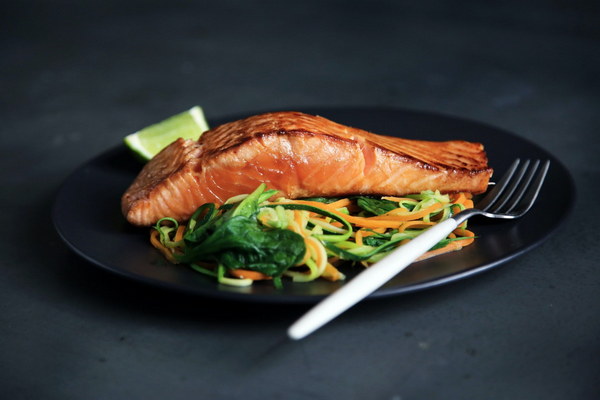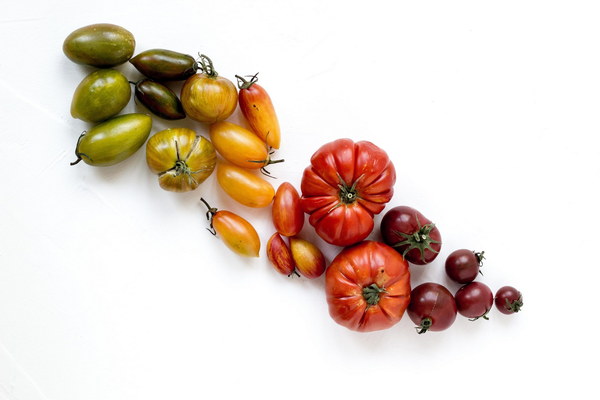The Ancient Wisdom of Health Preservation Traditional Chinese Methods for Well-being
In the tapestry of time, our ancestors have left behind a treasure trove of knowledge on how to maintain health and well-being. The art of longevity and vitality has been a focus of many cultures, and traditional Chinese medicine (TCM) stands out as a beacon of ancient wisdom. This article delves into the principles and practices of health preservation as taught by the ancients, offering insights that can be applied to modern life.
Understanding the Concept of Qi:
The foundation of traditional Chinese health preservation lies in the concept of Qi (Chi). Qi is often translated as vital energy, and it is believed to be the life force that animates all things. Maintaining the balance of Qi within the body is essential for good health. Ancient teachings emphasized the importance of cultivating Qi through various means, including proper breathing techniques, exercise, and meditation.
Breathing Exercises:
One of the most fundamental practices for health preservation is the focus on breathing. The ancients believed that proper breathing could lead to increased Qi flow, improved mental clarity, and overall health. Techniques such as Qigong and Tai Chi, which involve slow, deliberate movements coordinated with breath, have been passed down through generations as effective methods to enhance Qi.
Dietary Wisdom:
In TCM, the diet plays a significant role in health preservation. The ancient texts provide guidelines on what foods to consume based on the season, individual constitution, and specific health needs. For example, cooling foods are recommended during hot summer months to balance the body's internal heat, while warming foods are suggested in colder seasons to support the body's energy. Additionally, the concept of yin and yang in food—where certain foods are considered yin (cooling) and others are yang (warming)—is used to maintain balance within the body.

Exercise and Movement:
Physical activity was also a cornerstone of ancient health preservation. Exercises like Tai Chi and Qigong, which focus on flowing movements and gentle stretching, were designed to promote the circulation of Qi and strengthen the body. These practices were believed to enhance flexibility, balance, and overall strength. In addition to these exercises, ancient texts often suggested walking and other physical activities to maintain health.
Mental and Emotional Well-being:
The ancient teachings did not neglect the importance of mental and emotional health. It was believed that stress, anger, and other negative emotions could disrupt the flow of Qi, leading to illness. Practices such as meditation, mindfulness, and the cultivation of positive emotions were encouraged to maintain mental and emotional balance.
Herbal Medicine and Acupuncture:
Traditional Chinese medicine also utilized herbal remedies and acupuncture to support health preservation. Herbs were used to strengthen the body's defenses, balance organ functions, and treat specific health concerns. Acupuncture, which involves inserting fine needles into specific points on the body, was believed to restore the flow of Qi and alleviate pain.
Conclusion:
The ancient wisdom of health preservation offers a holistic approach to well-being that emphasizes the balance of body, mind, and spirit. By incorporating practices such as breathing exercises, dietary wisdom, exercise, and mental health cultivation, we can draw on the time-tested methods of our ancestors to enhance our own health and longevity. As we navigate the complexities of modern life, the timeless principles of health preservation continue to offer valuable guidance for a life of vitality and balance.









